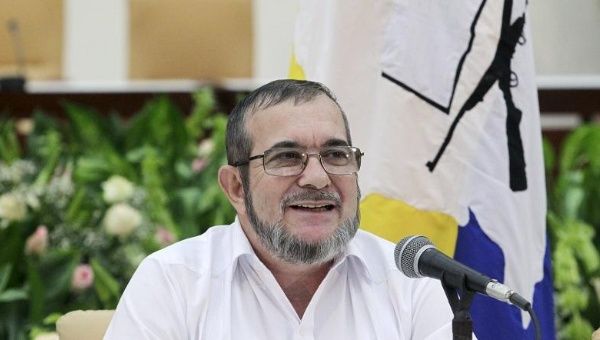By Christine Khamis
Impunity Watch Reporter, Asia
PYONGYANG, North Korea –
A committee of the United Nations General Assembly condemned on Thursday what it described as rampant and planned human rights violations in North Korea. Pyongyang has rebuked the resolution, saying that it was a hostile plot coordinated by the United States and its allies.
The resolution, which urges North Korea to end all human rights abuses, was drafted by the European Union and Japan and is non-binding. It was adopted by the General Assembly’s Third Committee, whose focus is on human rights and includes 193 nations. The General Assembly has condemned human rights abuses every year since 2005. For the second consecutive year, the resolution encourages the U.N. Security Council to consider sending North Korea to the International Criminal Court for crimes against humanity. The resolution will be voted on in the full General Assembly next month.
112 of the countries in the Third Committee supported the resolution, while 19 voted against the resolution. 50 countries abstained from voting. Among the countries that voted against the resolution were China, Russia, Nicaragua, and Syria. Many of the countries that voted against the resolution said that they object to resolutions singling out specific countries for human rights abuses.
The resolution stated that there have been “ongoing, systematic, widespread, and gross violations of human rights” in North Korea. The resolution accused North Korea of abuses such as torture, rapes, use of prison camps, enslavement, forced abortions, and forced transfers of populations. The Third Committee also stated that Pyongyang has not cooperated with the U.N.’s special rapporteur for North Korea, Marzuki Darusman.
Before the Third Committee’s vote, North Korea’s Deputy Director for U.N. Affairs, Choe Myong-Nam, called for nations to vote against the resolution and said that Pyongyang will “react in the strongest possible terms” to the resolution. North Korea’s U.N. mission emailed reporters a statement rejecting the resolution, saying that the resolution is a product of political confrontation, plot, and conspiracy by the United States and other countries who are hostile toward North Korea and that the resolution is irrelevant to promoting and protecting human rights. The mission stated that North Korea’s government has always maintained a policy of taking responsibility for and promoting human rights of the “popular masses”.
The United Nations General Assembly Committee also approved resolutions concerning human rights violations in Iran, Syria, and Myanmar. The resolutions will now also go on to the full General Assembly.
For more information, please see:
Channel NewsAsia – UN Votes to in Record Number to Condemn North Korea Rights Violations – 20 November 2015
CBS News – U.N. Panel Condemns N. Korea for Gross Human Rights Abuses – 19 November 2015
New York Times – Human Rights Committee Condemns North Korea – 19 November 2015
Reuters UK – U.N. Panel Condemns North Korea Abuses, Pyongyang Cites U.S. ‘Plot’ – 19 November 2015
